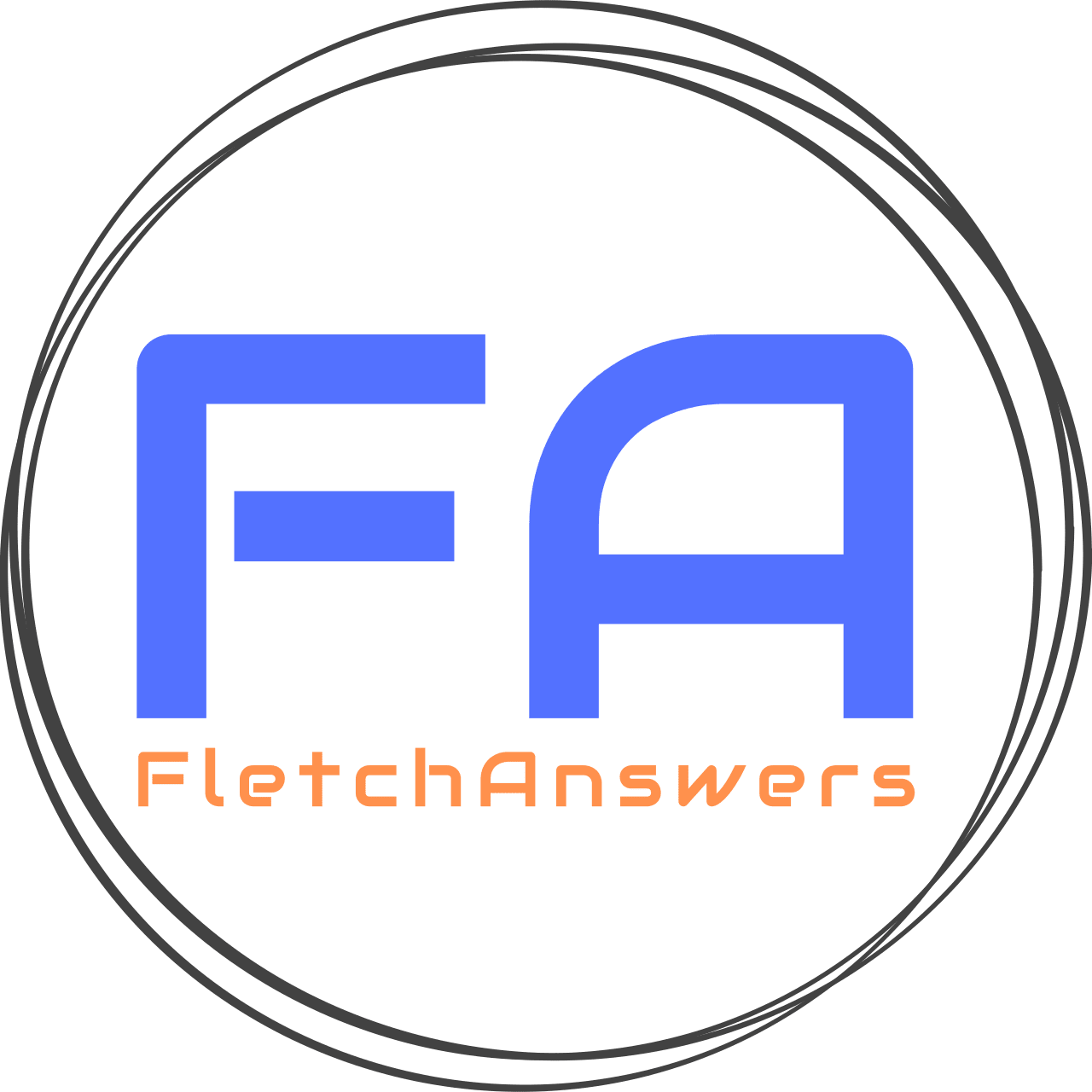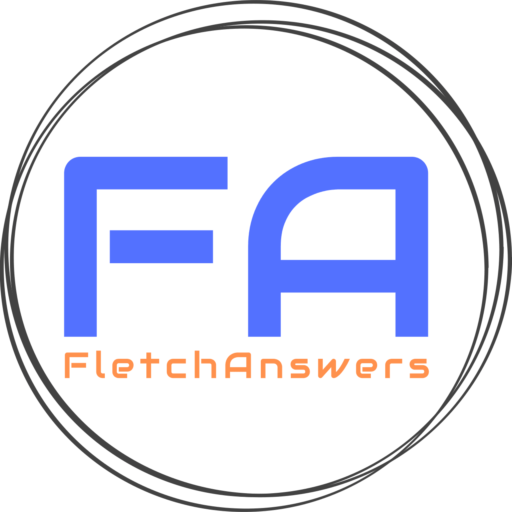“This put up accommodates affiliate hyperlinks, and I will likely be compensated in the event you make a purchase order after clicking on my hyperlinks.”
At DogingtonPost, we perceive the challenges of coping with aggressive canines. Many pet homeowners battle to search out efficient methods to handle and prepare their aggressive canine companions.
On this put up, we’ll share important canine aggressive canines coaching ideas that can assist you tackle this habits safely and successfully. From understanding the foundation causes to implementing confirmed methods, we’ll information you thru the method of remodeling your aggressive canine right into a well-behaved pet.
Why Canines Turn out to be Aggressive: Understanding the Root Causes
Concern-Based mostly Aggression
Fear tops the list of aggression triggers in dogs. A research means that aggressive habits is especially associated to early experiences, poor socialization processes, and different components. Canines could react aggressively after they really feel threatened, cornered, or unable to flee a perceived hazard.
Territorial and Possessive Aggression
Canines naturally shield their house and belongings. This intuition can result in territorial aggression, the place a canine guards its dwelling, yard, or favourite spot (even the sofa). Possessive aggression happens when a canine protects its meals, toys, or different valued gadgets. Each varieties pose potential risks if left unaddressed.
Ache-Induced Aggression
Ache can rework even the gentlest canine into an aggressive one. A sudden change in your canine’s habits, particularly elevated aggression, warrants a test for accidents or underlying well being points. A radical veterinary examination will rule out medical causes of aggression.
Lack of Socialization
Dogs that are appropriately socialized as puppies are much less more likely to exhibit behavioral issues as adults, together with aggression and fearfulness. These canines usually battle to deal with new conditions, individuals, or different animals.
Recognizing Aggressive Habits
Early identification of aggression indicators is essential to efficient intervention. Look ahead to these warning indicators:

Aggression doesn’t all the time manifest in apparent methods. Refined indicators like avoiding eye contact, turning away, or extreme yawning can point out discomfort that will escalate to aggression if ignored.
Understanding these underlying causes and recognizing aggression indicators type the muse for addressing the difficulty. Now, let’s discover efficient coaching methods to handle and cut back aggressive habits in canines.
Coaching Aggressive Canines Successfully
The Energy of Optimistic Reinforcement
Positive reinforcement stands as a cornerstone of efficient canine coaching, particularly for aggressive canines. This technique rewards desired behaviors to encourage their repetition. For aggressive canines, it’s necessary to determine and reward calm, non-aggressive behaviors.
Begin by instructing fundamental instructions like “sit,” “keep,” and “depart it” in a relaxed surroundings. When your canine responds accurately, instantly reward with treats, reward, or playtime. This builds a constructive affiliation with following instructions and helps set up you as a frontrunner.

A research printed within the Journal of Veterinary Habits discovered that animal welfare science has historically centered on figuring out detrimental welfare states, utilizing physiological parameters, aggression, and tedium as indicators.
Desensitization and Counter-Conditioning
These methods show notably efficient for canines with fear-based aggression. Desensitization entails gradual publicity of your canine to their triggers at a low depth, slowly rising over time. Counter-conditioning pairs this publicity with constructive experiences.
For instance, in case your canine exhibits aggression in direction of strangers, begin by having an individual stand far-off, simply within reach. Reward your canine for calm habits. Lower the gap over a number of periods, all the time preserving your canine under their response threshold.
The American Veterinary Society of Animal Habits experiences that these strategies can considerably cut back concern and aggression in canines when utilized constantly and accurately.
Redirecting Aggressive Habits
Redirecting serves as a invaluable software for managing aggressive outbursts. While you discover your canine turning into tense or exhibiting early indicators of aggression, shortly redirect their consideration to a constructive exercise or command they know effectively.
Preserve high-value treats or a favourite toy available for these moments. As quickly as you notice potential aggression, name your canine’s identify cheerfully and ask for a recognized command like “contact” (nostril handy). Reward generously after they comply.
Timing is essential. Attempt to redirect earlier than the aggressive habits escalates for the perfect outcomes. With constant apply, your canine will be taught to look to you for steering in triggering conditions as an alternative of reacting aggressively.
Skilled Steerage
Implementing these methods requires dedication and infrequently skilled steering. In case you battle together with your canine’s aggression, think about searching for assist from a certified dog behaviorist or coach skilled in working with aggressive canines. They will present personalised methods and make sure you apply these strategies safely and successfully.
As we transfer ahead, it’s important to create a protected surroundings for each your canine and people round them through the coaching course of. Let’s discover tips on how to set up this important basis for fulfillment within the subsequent part.
Making a Protected Area for Aggressive Canine Coaching
Muzzle Coaching: An Important Security Software
Muzzles play a key position in managing aggressive canines safely. Select a basket muzzle that enables your canine to pant, drink, and take treats. Introduce the muzzle step by step. Place treats contained in the muzzle and let your canine examine it freely. Progress to transient fastenings of the muzzle, and reward your canine instantly after elimination. Improve carrying time till your canine feels snug.
Muzzle coaching can cut back stress in canines throughout veterinary visits (this precept applies to coaching periods as effectively).
Efficient Leash Administration
A sturdy, non-retractable leash is important for controlling an aggressive canine. The American Kennel Membership recommends a 4 to 6-foot leash for optimum management. Apply loose-leash strolling in a low-distraction surroundings earlier than you deal with more difficult eventualities.
Think about using a head halter or front-clip harness for extra management. These instruments redirect your canine’s consideration again to you after they pull. Introduce these instruments step by step and pair them with constructive experiences to make sure your canine accepts them willingly.

Setting Up a Calm Coaching Zone
Designate a selected space in your house for coaching periods. This house needs to be free from distractions and potential triggers. Take away gadgets that may trigger possessive habits (comparable to meals bowls or favourite toys).
Use visible boundaries like child gates or train pens to create a controlled environment for profitable coaching. This lets you management publicity ranges throughout desensitization workouts.
Establishing a Pre-Coaching Routine
Create a constant pre-training routine to sign to your canine that it’s time to focus. This may embrace a brief stroll, some calming workouts, or just placing on their coaching gear. Consistency helps your canine perceive expectations and reduces nervousness.
Gradual Introduction of Challenges
As your canine progresses, introduce managed challenges to construct their confidence and reinforce constructive behaviors. At all times prioritize security and be ready to adjust your approach based mostly in your canine’s responses.
Ultimate Ideas
Coaching aggressive canines calls for endurance, dedication, and a structured method. We supplied important canine aggressive canines coaching ideas, from figuring out triggers to implementing constructive reinforcement methods. Consistency proves very important when making use of these methods, and progress usually takes time. A protected coaching surroundings, together with correct use of muzzles and leashes, units the stage for efficient studying. Progressively introducing challenges builds your canine’s confidence and reinforces constructive behaviors.
Some conditions could require skilled intervention. In case you battle to handle your canine’s aggression or if the habits escalates, search assist from an authorized canine behaviorist or coach skilled with aggressive canines. They may present personalised methods and guarantee protected software of methods.
We at DogingtonPost decide to serving to you navigate canine possession challenges. Our platform gives sources on canine care, coaching, and habits administration (together with aggressive canine coaching). Making use of these methods constantly can assist rework your aggressive canine right into a well-behaved, assured companion.

Trending Merchandise








